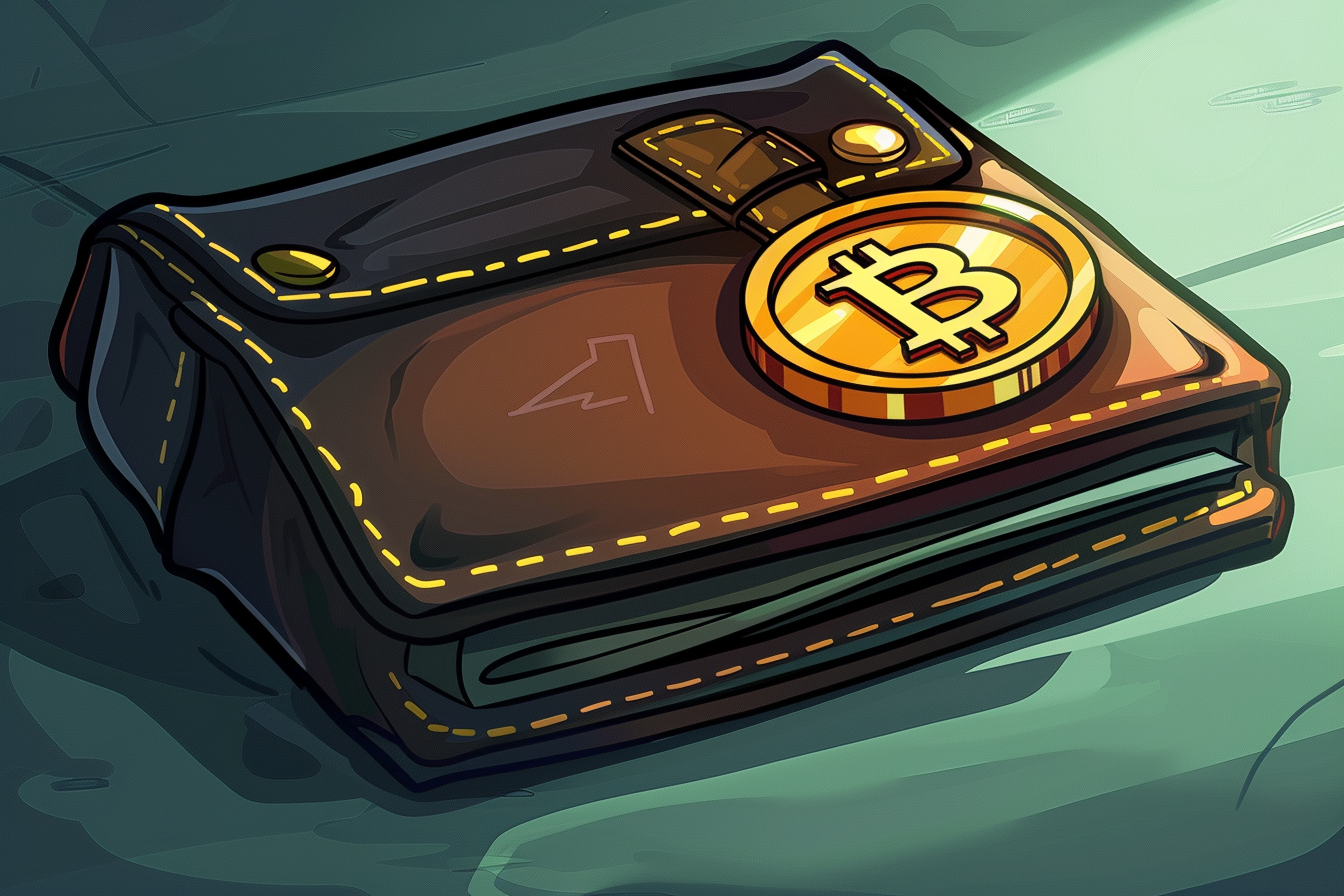Table of Contents
New Zealand is taking steps to explore a central bank digital currency (CBDC), with a potential release by 2030.
The Reserve Bank of New Zealand (RBNZ) released its consultation paper on digital currency on Wednesday.
Running until 26 July, the consultation asks for feedback about digital cash in areas such as interest rates, design and holding limits. A decision will then be made on whether to proceed to the third stage, the preparation phase.
New Zealand's CBDC will target both consumers and institutions but consumers will be the primary focus. Wholesale usage will be allowed but the CBDC will not be designed specifically for it. Cross-border payments are not a high priority.
RBNZ is considering its CBDC positioning in terms of control and functionality. It stated it is leaning towards UK and Swedish models which use CBDCs and an innovation enabler.
The country began looking at CBDCs in 2021, stating that digital currencies could present an opportunity. This year's consultation stated that the digital currency would offer wider choices in making payments.
“Digital cash could also boost competition in New Zealand’s payments landscape by supporting new types of money and payments services from the private sector,” the consultation paper said.
RBNZ Governor Adrian Orr raised concerns about the stability of stablecoins in February, calling them "the "biggest misnomers" and "oxymorons."

"Stablecoins are not stable. They're only as good as the balance sheet of the person offering that stablecoin," Orr said during a parliamentary finance committee meeting.
He called for more transparency, stating stablecoins "are speculative coins, not currency and not central bank cash."
In comparison, he said the New Zealand dollar is stable because of parliamentary authority and the backing of a "credible institution such as an independent central bank to maintain low and stable inflation."
Orr also took a swing at Bitcoin, calling the world's leading cryptocurrency "neither a means of exchange, nor a store of value, nor a unit of account, yet people try to use this at that."








